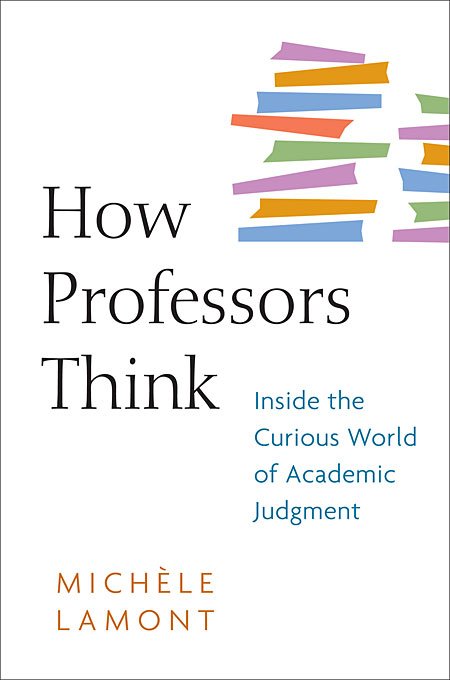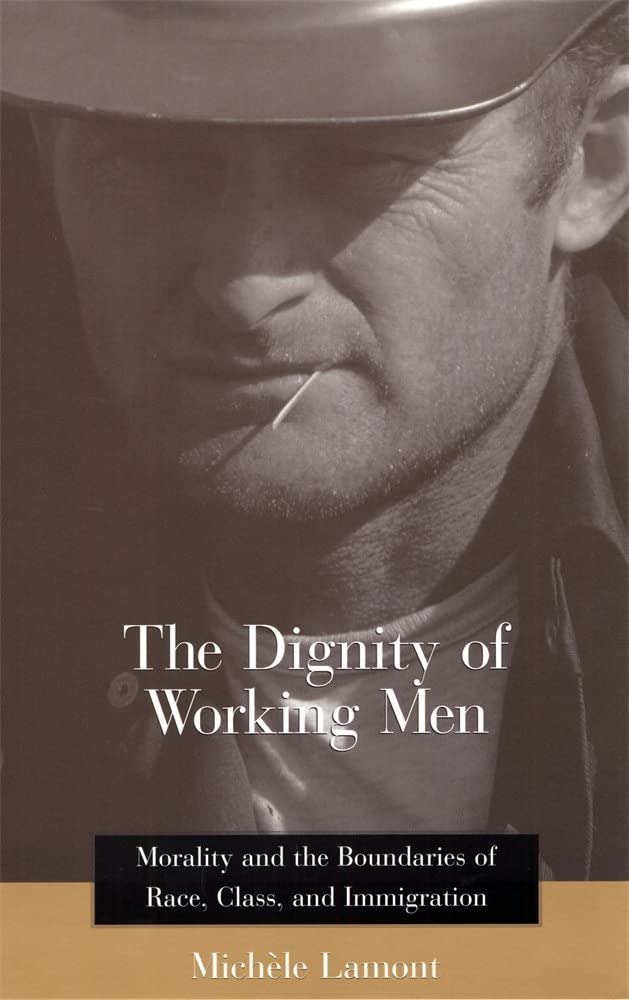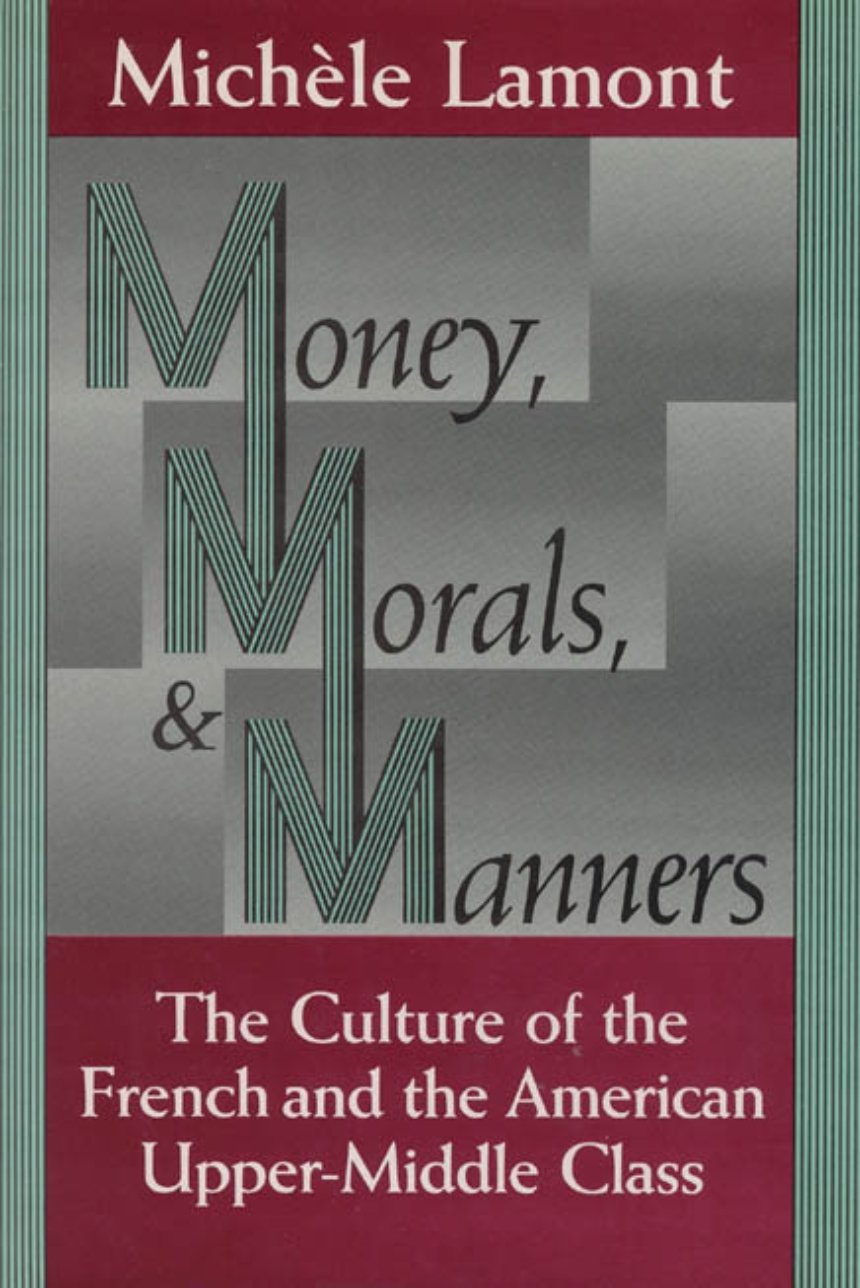Other Books
Lamont, Michèle, Graziella Moraes Silva, Jessica S. Welburn, Joshua Guetzkow, Nissim Mizrachi, Hanna Herzog, and Elisa Reis. 2016. Getting Respect: Responding to Stigma and Discrimination in the United States, Brazil, and Israel. Princeton, NJ: Princeton University Press.
Racism is a common occurrence for members of marginalized groups around the world. Getting Respect illuminates their experiences by comparing three countries with enduring group boundaries: the United States, Brazil and Israel. The authors delve into what kinds of stigmatizing or discriminatory incidents individuals encounter in each country, how they respond to these occurrences, and what they view as the best strategy—whether individually, collectively, through confrontation, or through self-improvement—for dealing with such events. Getting Respect is a rich and daring book that opens many new perspectives into, and sets a new global agenda for, the comparative analysis of race and ethnicity.
Lamont, Michèle. 2009. How Professors Think: Inside the Curious World of Academic Judgment. Cambridge, MA: Harvard University Press.
Excellence. Originality. Intelligence. Everyone in academia stresses quality. But what exactly is it, and how do professors identify it?
In the academic evaluation system known as “peer review,” highly respected professors pass judgment, usually confidentially, on the work of others. Judging quality isn’t robotically rational; it’s emotional, cognitive, and social, too. Yet most academics’ self-respect is rooted in their ability to analyze complexity and recognize quality, in order to come to the fairest decisions about that elusive god, “excellence.”
But only those present in the deliberative chambers know exactly what is said. Michèle Lamont observed deliberations for fellowships and research grants, and interviewed panel members at length. In How Professors Think, she reveals what she discovered about this secretive, powerful, peculiar world.
Lamont, Michèle. 2000. The Dignity of Working Men: Morality and the Boundaries of Race, Class, and Immigration. Cambridge, MA: Harvard University Press; New York, NY: Russell Sage Foundation.
Michèle Lamont takes us into the world inhabited by working-class men—the world as they understand it. Interviewing black and white working-class men who, because they are not college graduates, have limited access to high-paying jobs and other social benefits, she constructs a revealing portrait of how they see themselves and the rest of society.
Morality is at the center of these workers’ worlds. They find their identity and self-worth in their ability to discipline themselves and conduct responsible but caring lives. These moral standards function as an alternative to economic definitions of success, offering them a way to maintain dignity in an out-of-reach American dreamland. But these standards also enable them to draw class and racial boundaries.
This book also opens up a wider perspective by examining American workers in comparison with French workers, who take the poor as “part of us” and are far less critical of blacks than they are of upper-middle-class people and immigrants. By singling out different “moral offenders” in the two societies, workers reveal contrasting definitions of “cultural membership” that help us understand and challenge the forms of inequality found in both societies.
Lamont, Michèle. 1992. Money, Morals, and Manners: The Culture of the French and the American Upper-Middle Class. Chicago, IL: University of Chicago Press.
Drawing on remarkably frank, in-depth interviews with 160 successful men in the United States and France, Michèle Lamont provides a rare and revealing collective portrait of the upper-middle class—the managers, professionals, entrepreneurs, and experts at the center of power in society. Her book is a subtle, textured description of how these men define the values and attitudes they consider essential in separating themselves—and their class—from everyone else. Money, Morals, and Manners is an ambitious and sophisticated attempt to illuminate the nature of social class in modern society. For all those who downplay the importance of unequal social groups, it will be a revelation.



